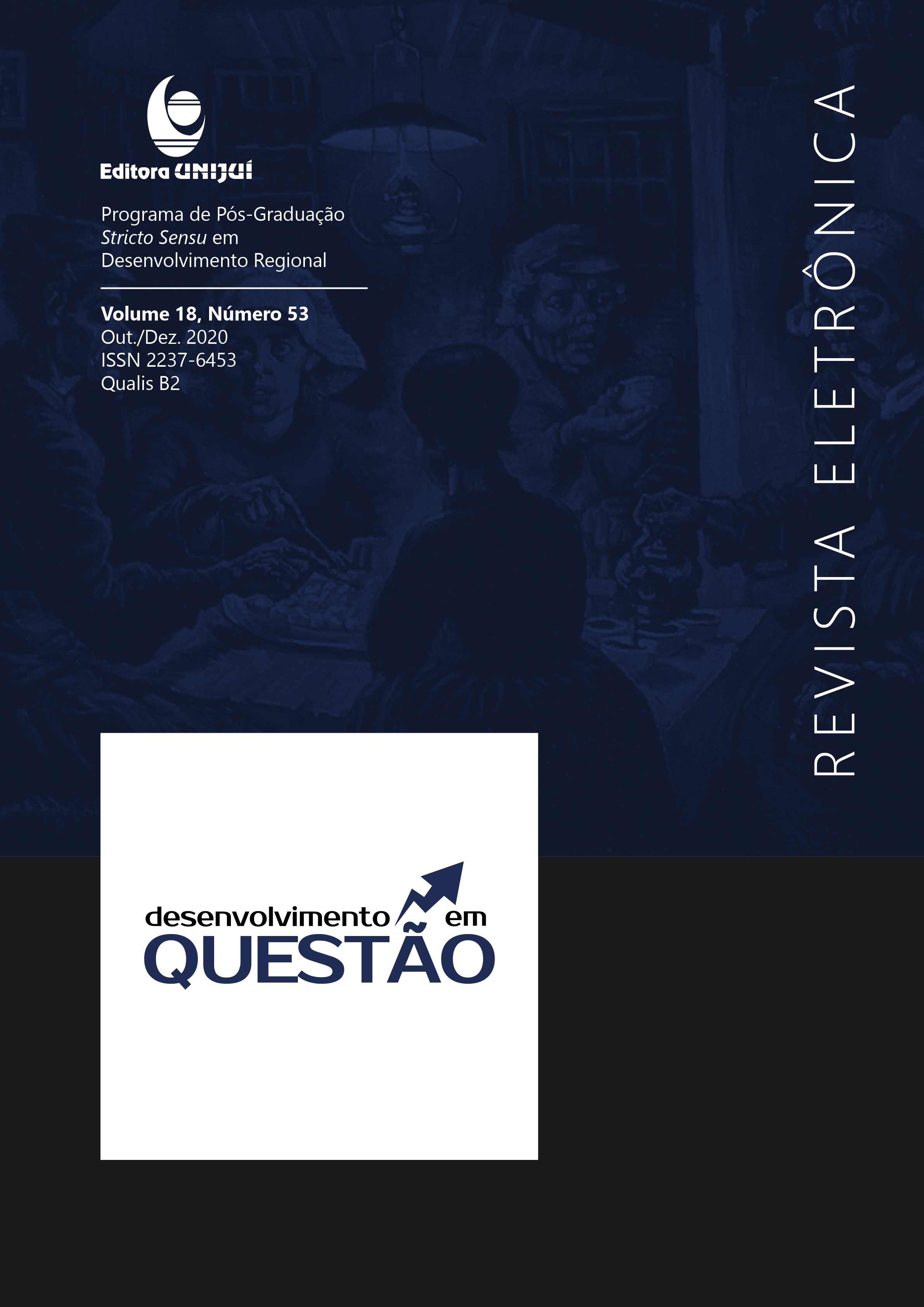Organizational Practices in the Constitution of the Right to Culture and to the City: Understanding the Struggle for the Rights of a Cultural Organization in Goiás City, Brazil
DOI:
https://doi.org/10.21527/2237-6453.2020.53.105-119Keywords:
Practices of organization. Rights. Cities. Multi-sited Ethnography. Goiás.Abstract
The objective of this paper is to discuss how the organizational practices in the field of culture constitute the development, promotion and access to rights to culture and to the city in Goiás city, Goiás, Brazil. We bring the theories of the field of Studies Based on Practices (SBP) closer to the Law in order to understand the non-institutionalized legal phenomena of the organizational processes. From a multi-sited ethnography carried out in the Historic Center of the city of Goiás, Goiás, a place classified as a World Heritage Site by UNESCO between August 2014 and December 2015, we highlight the processes by which organizational practices, as producers of spaces in cities, constitute Rights when recognizing or neglecting the occupation of the urban space by certain social groups. We emphasize how the analysis of organizational processes can contribute to a debate on Rights from a perspective of legal pluralism from the daily life of cities and highlighting the relevance of understanding the occupations of urban spaces as a way of reconfiguring relations between the State and civil society.
Downloads
Published
How to Cite
Issue
Section
License
By publishing in Revista Desenvolvimento em Questão, authors agree to the following terms:
All works are published under the Creative Commons Attribution 4.0 International License (CC BY 4.0), which allows:
Sharing — to copy and redistribute the material in any medium or format;
Adaptation — to remix, transform, and build upon the material for any purpose, even commercially.
These permissions are irrevocable, provided that the following terms are respected:
Attribution — authors must be properly credited, a link to the license must be provided, and any changes made must be indicated.
No additional restrictions — no legal or technological measures may be applied that legally restrict others from doing anything the license permits.
Notices:
The license does not apply to elements that are in the public domain or covered by legal exceptions.
The license does not grant all necessary rights for specific uses (e.g., image rights, privacy, or moral rights).
The journal is not responsible for the opinions expressed in the articles, which are the sole responsibility of the authors. The Editor, with the support of the Editorial Board, reserves the right to suggest or request modifications when necessary.
Only original scientific articles presenting research results of interest that have not been previously published or simultaneously submitted to another journal with the same purpose will be accepted.
Mentions of trademarks or specific products are intended solely for identification purposes and do not imply any promotional relationship by the authors or the journal.
License Agreement (for articles published from 2025 onward): Authors retain the copyright to their article and grant Revista Desenvolvimento em Questão the right of first publication.











